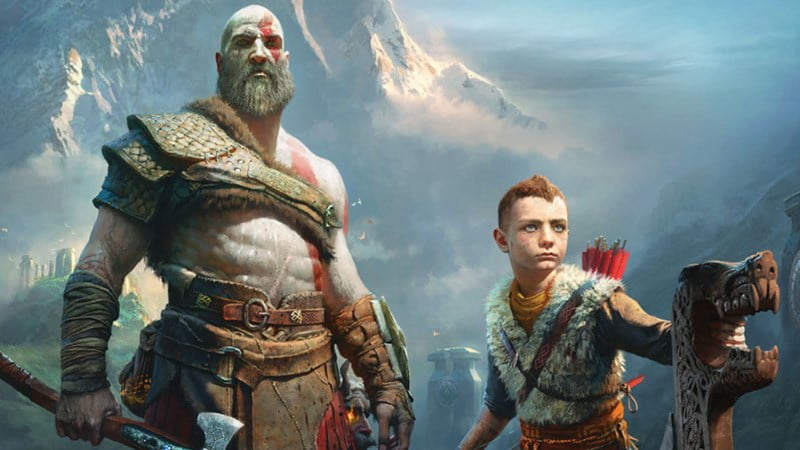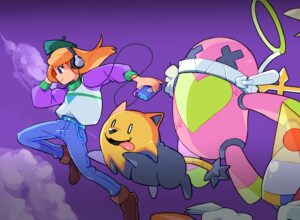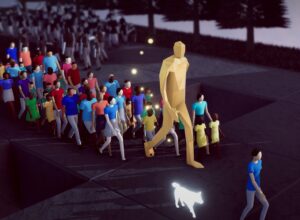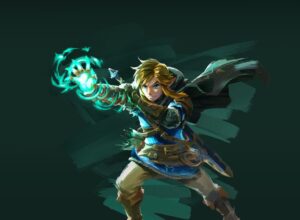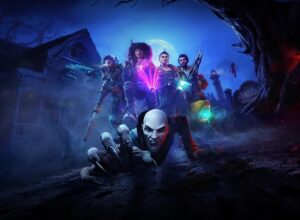God of War director Cory Barlog talks maturing audiences, removing QTEs for a more FIFA-like experience, and the tough decision of whether to feed your kid dog food or not.
God of War director Cory Barlog had a long chat with Games Radar, about the evolution of the series from its original roots and how it’s had to change – or has been forever changed by – the different landscape in which the game is released.
Some of that change is in relation to the gameplay. We already know that God of War won’t have fixed camera angles, and that Kratos will fight with an axe (rather than his trademark dual blades). But now we also know that the newest version of the game will drop Quick Time Events entirely, in favour of link-ups between Kratos and his son, Atreus.
For combat, they’re shooting for something akin to FIFA, which is an interesting – if unusual – comparison to draw:
It’s the same game every time you play but it’s extremely sort of non-deterministic. Every game is different, despite every game being the same; there’s this drama that exists in every single match, even when you’re playing the same teams. There’s a magic to videogames encapsulated in the idea that I don’t ever want to lose even if I am making something that’s trying to tell a story, and we develop these characters to allow you to feel like there’s freedom here, and that is the joy of games.
There’s also a change in Kratos’ demeanour. A result of fatherhood, sure, but the inclusion of a father/son dynamic itself is a sign of the times. Barlog describes how, “through the iterations I think we failed to grow with the audience and the world”. People don’t just want to be playing angry Hulk all the time; sometimes, they want to be Mark Ruffalo. Who doesn’t want to be Ruffalo? He’s great.
Learning lessons from games as varied The Last of Us to the first Telltale Walking Dead game, God of War includes some interesting parenting dynamics. Decisions won’t just be for how you progress the game, but how you balance taking care of Atreus with Kratos’ own needs.
Barlog describes it best – for certain values of “best” – with a Mad Max analogy:
As you move through the game you make choices about what you, or Kratos, wants for Atreus, about how you’re going to develop each of these characters. When you really extrapolate, it’s like this is about sort of putting outfits and loadouts on characters, but when you divorce it from that, and you’re in the moment, you start to realise it’s very similar to that moment in Mad Max when he’s got the can of dog food and he’s determining whether he’s going to eat all of it and get the energy, or if he’s going to give some of it to the dog, and he’s going to do that because he wants to be able to sleep, and if he has the dog and he’s well fed he can sleep and the dog will warn him if danger approaches. It’s kind of like, you know, it’s sort of, again, like parenting. This idea of making choices for yourself and making choices for your kid, how you’re going to sort of load balance.
We get what he’s saying. It’s a choice, outwardly a moral one between taking care of your child or taking care of yourself, but with video game dynamics of stat boosts and “Clementine will remember that” thrown in to spice things up.
It’s a fair analogy. It makes sense, when you spell it out. But dog food? We wouldn’t leave Barlog in charge of babysitting, is all we’re saying.
God of War launches on April 20th, 2018, exclusively for PS4.
